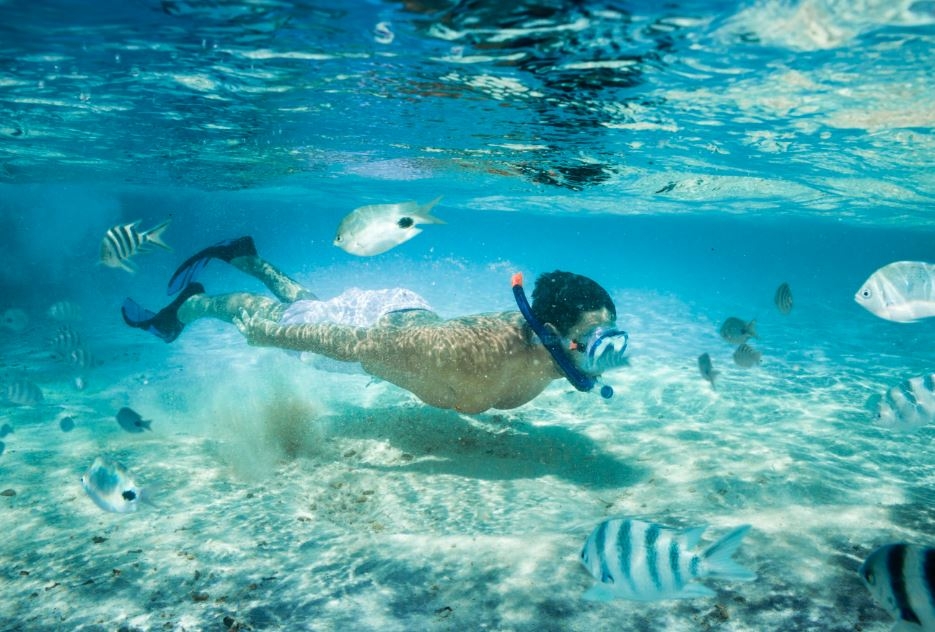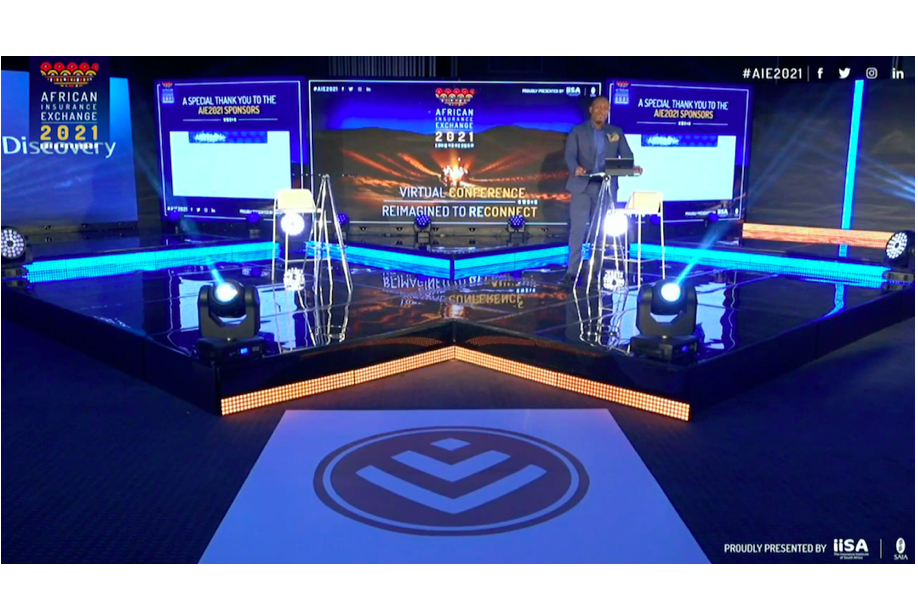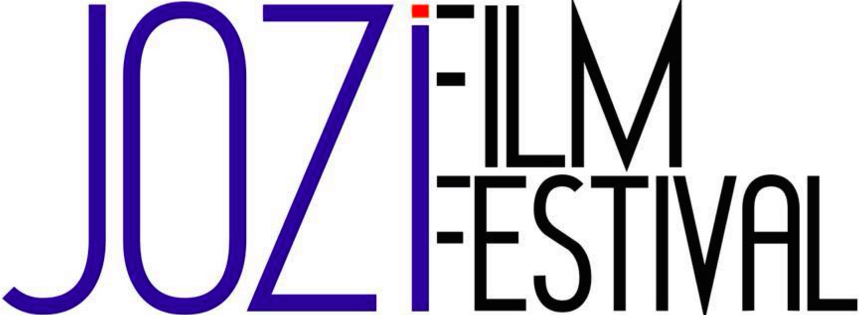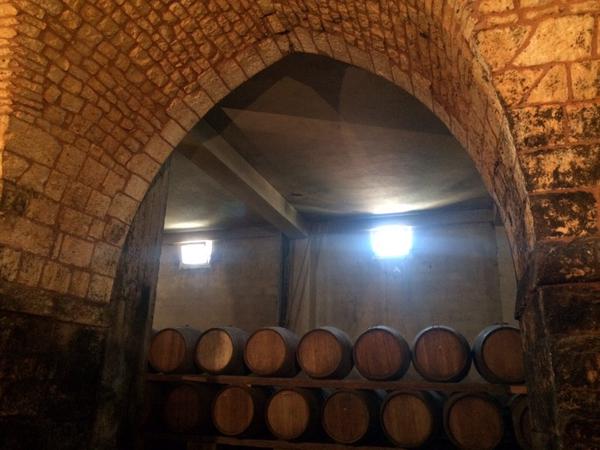
The Lebanese underground & wine-tasting in Beirut
Believing, as I do, that travelling contributes to what I have to offer my team mates, friends and family, I seize the opportunity to explore new places and engage with different cultures whenever I can.
One place that has been a long-held ambition to visit, is Beirut. I was, therefore, delighted to finally visit the tiny country of Lebanon during the last days of August 2015.
The capital was very conscious of itself – with mass demonstrations, sparked by lack of rubbish removal, but in fact a wider protest against an ineffectual government that has not had a president to lead it for over 15 months.
Lebanon has only around 4-million inhabitants – around half of whom live in the sprawling city of Beirut. Add in over a million refugees (mainly from Syria) and the vibrancy is intense.
The city is a mix of ultra-modern buildings, roof top bars, Hermes, Armani and Porsche Design stores with a Ferrari dealership thrown in as well as buildings reminding one of the 15-year civil war (1975-1990), 2006 Israeli bombings, a French influence with Arab dominance and much else besides. But more about that another time. One of the main reasons for my visit was to sample the wine of Chateau Musar.
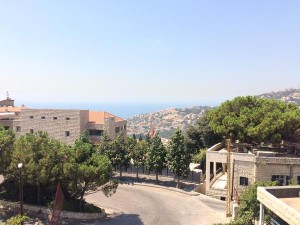 Chateau Musar lies in Ghazir, around 30 km north of Beirut. Travel, as we did (I was accompanied by my business partner, friend and Lebanese descendant Kurt Solomon) by Uber, takes around an hour – traffic in Beirut is not yet at Sao Paolo standards but it does rival Johannesburg!
Chateau Musar lies in Ghazir, around 30 km north of Beirut. Travel, as we did (I was accompanied by my business partner, friend and Lebanese descendant Kurt Solomon) by Uber, takes around an hour – traffic in Beirut is not yet at Sao Paolo standards but it does rival Johannesburg!
We were welcomed by Gaston Hochar, whose grandfather founded the winery in 1930 having met and been heavily influenced by Bordeaux vigneron Major Ronald Barton stationed in Lebanon during WWII. Gaston’s father, Serge, studied wine-making at the University of Bordeaux under the tutelage of Emile Peynaud and took over the role of wine-maker in 1959. Until his untimely death in a swimming accident in Mexico earlier this year, he had been involved in every Musar vintage. (As an aside: Serge attended the Swartland Revolution in 2014 and was by all accounts blown away by what Sadie and others are doing there … can’t say I blame the man for being impressed!)
The Musar visit was arranged by my good mate Derek Kilpin of Great Domaines fame. As my friends and family know, Great Domaines is close to my heart – a company that imports amazing wine to South Africa and who make it available in a way that is accessible to folk like me who like wine but are very much in the learning phase of my enjoyment. In short, they know wine – big time – but they aren’t up their own arses about it (good match then that CN&CO are hoping to work even closer with the Great Domaines team).
As per the official information in the Musar tasting room: “The wines of Chateau Musar are unique expressions from a country with an ancient wine-making culture, as vines have been cultivated from Lebanon’s high altitude Bekaa valley for over 6 000 years.”
[Many people express surprise at the fact that Lebanon makes (great) wines. Reminds me of my own prejudice when I discovered the churches in Ethiopia were ancient, magnificent architectural feats and one didn’t have to travel to Europe to find great skill and beauty. We could do well, in South Africa, to reclaim some of that pride and not to wallow in lazy cynicism and potentially self-fulfilling negativity…]
The official blurb continues: “From around 4500 BC, the sea-faring Phoenicians (ancestors of the modern Lebanese distributed their wines and vines throughout the Mediterranean … They also invented the alphabet to help keep records of their various transactions. The ancient city of Ballbek … takes its name from the Phoenician fertility god, Ball. The Roman god Bacchus was in turn worshipped here and the temples built in his honour remain amongst the most perfectly preserved in the world. The region’s wines are mentioned many times in the Bible, with the first evidence of wine transactions coming from Byblos (‘book’ in Greek) an historic fishing port north of Beirut [where Kurt and I “chartered” a speedboat and went into the Med to have a lazy afternoon of swimming, drinking beer and lazing about before returning for a traditional, long lunch at Pepe’s Fishing Club!]
French in origin, the Hochar (pronounced Hoshar) family arrived in Lebanon in the 12th century …”
A quote I love from Serge Hochar goes as follows: “When you are a winemaker you have the luck to work with something that is alive and you should never kill it.” I love this quote because the Musar team use organic methods, do harvesting and most functions by hand and with near reverence enhance and improve on the living grapes they start with.
Our visit coincided with harvest time, which runs from around mid August to late October, when the local white varietals, used to the extreme heat and high altitude, mature late. Harvest time at a vineyard is always busy and exciting and our visit was no different. An added bonus was that our little tasting also coincided with the visit by Sepideh Sedaghatnia. Sepi as she is affectionately known, left Iran aged 17 with her parents and sister, bound for a better life in Belgium. Today she is one of the foremost sommeliers in that country and has recently left a 3-star Michelin establishment to open her own restaurant, Divin (a place that sounds so fantastic that it has gone on to my bucket list!) Sepi, with a journalist and cameraman – both also lovely people – was at Musar as she is guest editing a popular magazine’s December issue. Hearing Sepi speak about the wines reminded me of Derek at Great Domaines – hugely knowledgeable, but so in tune with the wine and their audience that they make learning about the various elements loads of fun.
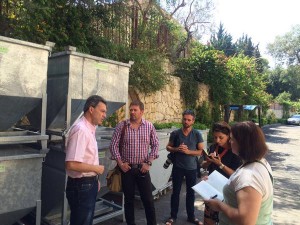 I did enjoy Sepi being told she couldn’t go into a certain area owing to a superstition during harvest time forbidding women entering … almost like my friend Kate Turkington on our Ethiopian trip being told she couldn’t join me on a holy island – men only. Neither Kate nor Sepi take kindly to being told what to do – and in fact can and have done pretty much everything I suspect! (Since this is a rambling blog ☺ perhaps opportune to mention another titbit on gender – I read today that the UK has targets of 25% women at company board level … which they are nearly at … good news indeed. Too low still, of course, but great progress!)
I did enjoy Sepi being told she couldn’t go into a certain area owing to a superstition during harvest time forbidding women entering … almost like my friend Kate Turkington on our Ethiopian trip being told she couldn’t join me on a holy island – men only. Neither Kate nor Sepi take kindly to being told what to do – and in fact can and have done pretty much everything I suspect! (Since this is a rambling blog ☺ perhaps opportune to mention another titbit on gender – I read today that the UK has targets of 25% women at company board level … which they are nearly at … good news indeed. Too low still, of course, but great progress!)
Our tasting included numerous wines and a few different places in the winery.
Location is important I discovered – tasting the 1974 Musar many metres below ground in a cave was very different to taking a lift to the top and drinking it there! I am often reminded about location when I drink a wine – usually I think back to the first time I had a particular wine and if it was on the estate or with the winemaker, the taste is EVEN better!
1974 is my birth year and I bought a bottle to enjoy with the Great Domaines team … partly inspired also by the fact that Serge at the time of production thought it undrinkable! But like many Musar wines, they change and improve – even just in one sitting. Musar wines evolve – so you must go with flow, let it develop and move you. That’s my technical analysis, anyway! Musar recognises consistency is a myth in wine (and life!) – let your tasting be an evolving experience. (As an aside, during the 1975-1990 war, only one year 1984 was not released – true resilience and entrepreneurship during hardship – which richly rewarded the Hosar family.)
The penny dropped for me on why fate had brought me to this winery when Gaston said: “Musar doesn’t like indifference. You either love us, or hate us.” For me that is vital in life and all I do. Ok is not acceptable. Mediocrity is to be shunned. We must embrace wholeheartedly! Carpe Diem! Carpe Mundum!
Wine encompasses history, geography, friendships, science, art, emotion and so much more. To have visited Chateau Musar was a richly rewarding and deeply memorable experience. Thank you ☺



